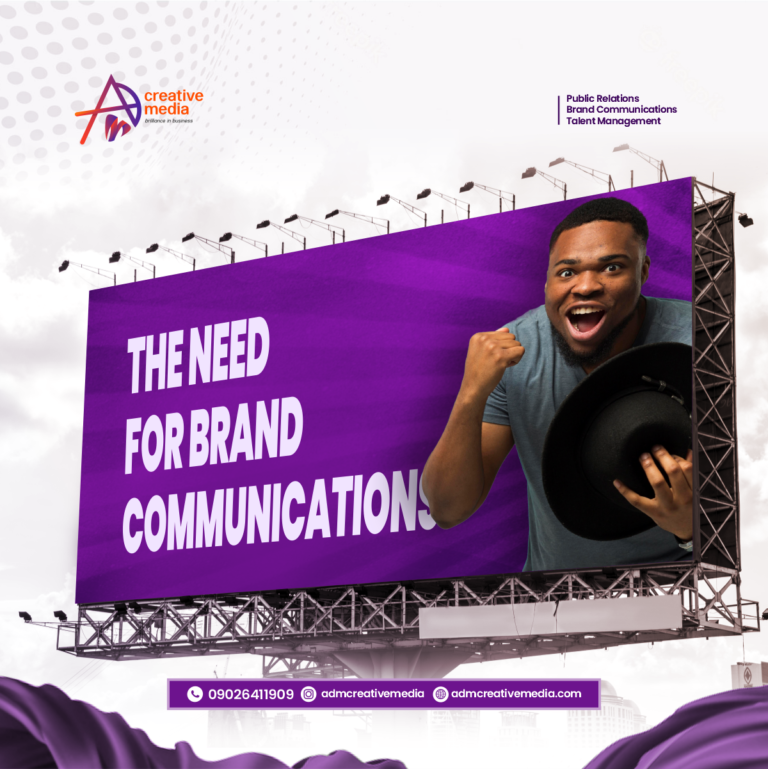Cracking the Nigerian Market Code: Why Big Brands Keep Getting It Wrong (And How to Get It Right)
Picture this: You’re sitting in a boardroom in Lagos, surrounded by executives from a Fortune 500 company. They’ve just burned through millions of dollars trying to crack the Nigerian market, and they’re staring at disappointing sales figures, wondering what went wrong.
Nigeria isn’t just another market to conquer. With over 237 million people (2025) calling it home, it’s practically a continent unto itself. Yet somehow, brand after brand marches in with their playbooks from Europe or America, expecting magic to happen, but it doesn’t.
Most companies obsess over the obvious stuff: infrastructure hiccups, regulatory complexity, and the sheer diversity of cultures packed into one country. But here’s what they miss: trust.
Nigerian consumers have seen it all. They’ve watched brands promise the world and deliver disappointment. They’ve been burned by companies that clearly didn’t do their homework. So when you show up talking about how amazing your product is, they’re not thinking “wow, this sounds great!”, they’re thinking “prove it.”
The Digital Reality: What the Numbers Say.
Let’s talk numbers that actually matter for your Nigerian business strategy. With 139.2 million active internet users by late 2024 (NCC data), that’s 6 out of 10 Nigerians online daily, Nigeria dominates Africa’s digital landscape. That’s not just a statistic; that’s your entire customer base, scrolling, sharing, and making purchase decisions with their thumbs.
But here’s where most international brands miss it with their Nigerian market entry: they treat marketing like it’s just traditional advertising with WiFi.
Remember Airtel’s #WhyIDontShareMyWifi campaign? Pure genius. Instead of boring everyone with technical specs about their double-data offer, they tapped into something every Nigerian with internet access knows intimately: that awkward moment when someone asks for your Wi-Fi password.
The campaign wasn’t selling data; it was selling relief from social awkwardness. Suddenly, everyone had a reason to talk about Airtel that wasn’t about network coverage or pricing. People were creating memes, sharing stories, and turning a telecommunications product into a cultural moment.
Why it worked:
- They spoke human, not corporate
- They picked Twitter (now X), where these conversations naturally happen
- They let their audience do the heavy lifting with user-generated content
- They solved an emotional problem, not just a connectivity one
The lesson? Stop talking at Nigerians and start talking with them.
When Brands Become Movements: The Guinness Story
Now, let me tell you about a campaign that gave me goosebumps. Guinness Nigeria’s “Made of Black“ wasn’t selling beer; it was selling pride, identity, and belonging.
Think about it: instead of focusing on taste or heritage (the usual beer marketing playbook), they celebrated what it means to be Black and Nigerian in the 2010s. They featured real people doing extraordinary things – musicians, entrepreneurs, creatives, all united by this simple, powerful idea: excellence comes in all shades of Black.
The #MadeOfBlack hashtag became more than marketing; it became a rallying cry. People weren’t just buying beer; they were joining a movement that celebrated their identity.
What made it work:
- Cultural resonance: They didn’t just acknowledge Nigerian pride; they amplified it
- Authentic voices: Real people with real stories, not paid actors reading scripts
- Social amplification: They created content people actually wanted to share
- Emotional investment: When your brand values match your customers’ values, loyalty follows
The Truth About Winning in Nigeria
Here’s what I’ve learned after watching countless brands succeed and fail in this market: it’s not about your budget size, it’s about your strategy’s heart.
The brands that win are the ones that show up not as conquistadors, but as neighbors. They don’t try to change Nigeria to fit their playbook; they evolve their playbook to fit Nigeria. They understand that behind every statistic is a real person with real hopes, real frustrations, and real purchasing power.
Your success formula:
- Listen first, talk second: Spend time understanding before trying to be understood
- Think culture, not just demographics: Age and income matter, but values and aspirations matter more
- Build trust systematically: Every interaction is a deposit or withdrawal from your trust account
- Stay digitally native: Your customers are online, meet them where they are
Nigeria isn’t a market you conquer; it’s a community you earn your way into. The brands thriving here today aren’t necessarily the ones with the biggest war chests; they’re the ones with the biggest hearts and the smartest strategies.
So before you draft your next Nigeria market-entry plan, ask yourself: are you coming here to extract value, or to create it? Because Nigerian consumers can tell the difference, and they vote with their wallets accordingly.
The opportunity is real, the rewards are massive, but the path to success runs through understanding, respect, and genuine connection. Master that, and you won’t just enter the Nigerian market, you’ll become part of its story.









